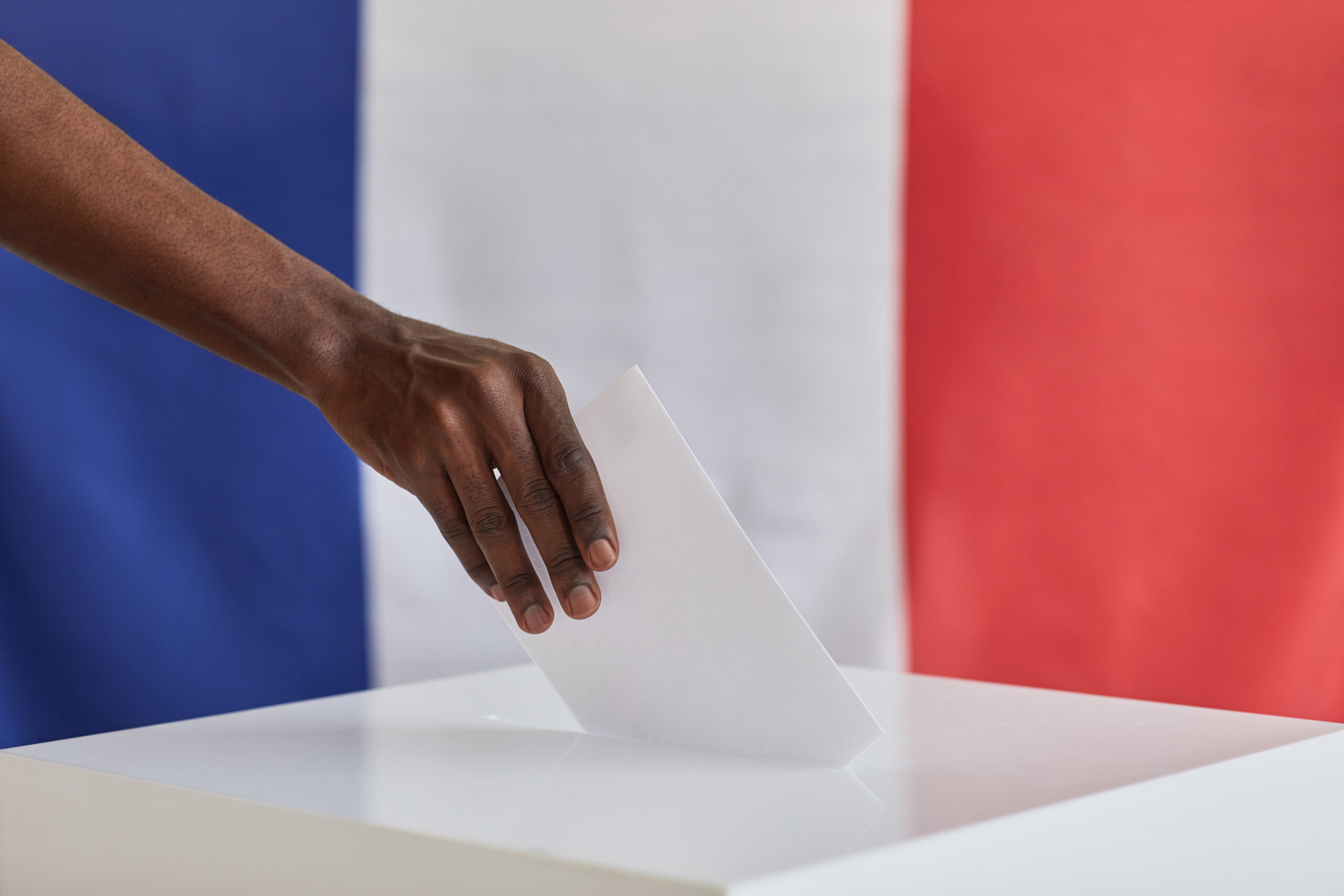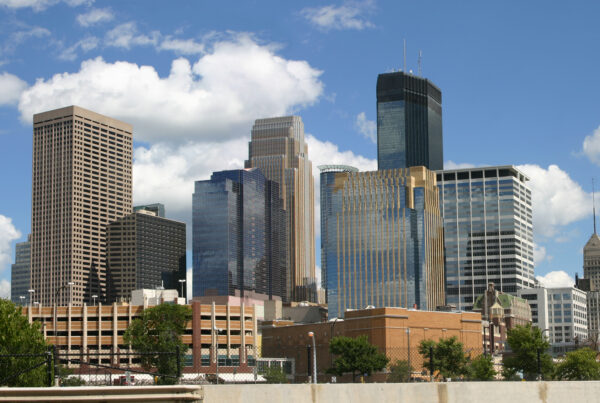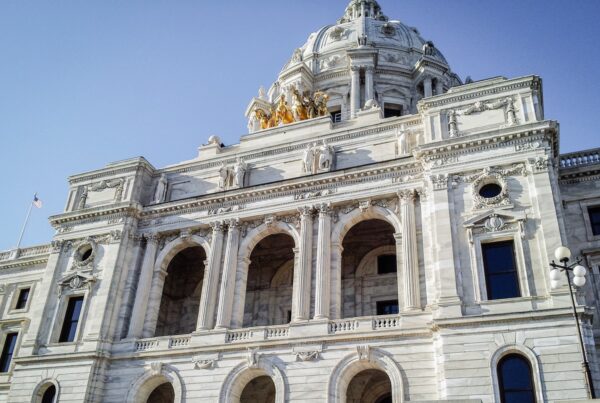”…it has been said that democracy is the worst form of government – except for all those other forms that have been tried…
Winston Churchill, 1947
November 2nd, 2021 was an important day in the United States of America. People across the country headed to polling stations to cast their ballots for school board elections, levy proposals, as well as choices for mayors, city councils and even governors. Candidates accepted defeat or celebrated victories – with a few places too close to call, as the ballot-counting continues. The importance of the day was that it felt so normal: the craziness of the allegations of election corruption we endured for months after the election one year ago have faded into the echo-chambers of internet sites most of us never see.
It is still disappointing to me that too many otherwise rational political actors have never made explicit their acknowledgement that Joe Biden won, fair and square, in 2020. They have been allowed to undermine our democratic process without paying any price for that dangerous choice. But if we are able as a nation to renew our fealty to democratic decision-making and the rule of law, maybe I just need to get over my disappointment.
Part of the challenge for us moving forward is that, like sports, politics is experienced differently by segments of the citizenry. Using professional sports to set the frame: there are those of us who enjoy watching games with friends, casually tracking how our home teams are doing. But it is ‘just sports,’ right? Then there are those of us for whom it is much more serious business: identity with a team is visceral and unconditional. When our team wins, it is because they are awesome. When they lose, it is because the officials were unfair or incompetent. Most wouldn’t literally bleed for their team, though in the case of some post-championship crowds, it has come to that. And of course, professional sport is also a very big business, almost monopolistic in its ability to create and extract wealth for those who own the teams.
Politics has many of the same dynamics. For most of us, it is simply the way we are persuaded to vote on how the government should prioritize things: what we want to be funded, what we want to be allowed or banned. Voting is considered the foundational act of being a ‘good citizen,’ and I am inspired every election day when millions of us show up to do our duty. But for others, it is nearly blood-sport: opposing sides are demonized, those who simply manage the processes are badgered and manipulated, and the predictions of doom associated with losing are hyperbolic. And the power-brokering that happens beyond public scrutiny is disturbing to contemplate. Unlike professional sports, there are no private sector ‘owners’ of the political process – or there shouldn’t be.
Yet as Winston Churchill soberly commented 75 years ago, democracy is worthy of our support and our trust. It is the best way for us to ‘rule ourselves’ in a world where one’s own interests must co-exist with others.’ A key to its success over time, however, is that it requires that its citizens act in their own self-interest. And that, of course, requires that citizens be both well-informed and engaged.
We have real work to do on our democracy: a country as large, complicated and diverse as this one will always be challenging to lead. Striving to illuminate different aspirations for our path forward – and then allowing all our citizens to be part of deciding which path to take – that is the American political process that we need to demand and support. Congratulations on our 2021 election cycle.






